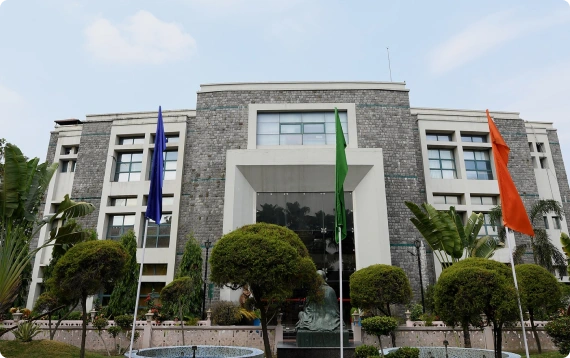How companies are overcoming their greatest hurdle: Cyber threats
With unimaginably massive amounts of data to process, most companies have shifted to the internet and use cloud-based technologies. With essential data now available with a click of the mouse, cyber threats are a severe crisis all companies need to avert. Issues like network security and clients’ data safety are on the rise now.
The crisis of stealing online is only expected to grow as technology progresses and businesses operate both online and in person. Read on to know more about what a cyber threat entails, what is stolen in it and how to reduce the number of threats.
What is a cyberattack?
Cyberattacks are planned attempts to attack, steal, remove, distort or expose sensitive client data and company data. These attacks, often in succession, ruin the company’s network security and might make an entire company out of business if the crisis is not nipped in the bud.
The attackers usually access the company software cloud via hacking, or through unauthorised accessing systems. More often than not, these are large hacking organisations, or novice hackers called hacktivists. However, sometimes the cyberattack might be internal — from an employee/group which misuses and leaks data to which they have rightful access.
It is hence crucial to take prior precautions, otherwise assess where the attack is coming from and possible ways to avert it.
What can cyberattacks do to company data?
Cyberattacks are not just for “leaking” data and stopping there. The company data can be misused in a lot of ways. Read on to know more.
What data do they target to vandalise?
Here is a tentative list of what kind of data the cyber attackers can choose to vandalise. Only a snippet of this list is enough for a company to realise how important network security is:
- List of important clients
- Financial data of employees
- Login IDs, passwords and other important company credentials
- Business goals, future prospects, meeting records
- Personal Identifiable Information, called PII, leading to personal threatening
- Copyrights and other Intellectual Property (IP) rights of the company
What do they do with such data?
Successful large-scale cyberattacks can ruin a company. Since almost all data is vandalised, the company is left in shambles if the issue is not redressed as soon as possible. Attacks lead to server crashes, job losses and major work disruption. Furthermore, these attacks can be organised by aggrieved rival companies intentionally. In that case, selling client information to the rival company will increase both their and the cyber attacker's profits.
How to reduce cyberattacks?
Here are a few options on how to avert cyberattacks to a minimum in one’s company:
Creating backups of important data as and when necessary
Backing up company data in different files and different locations is always a good idea. Backup does not cost a huge amount and can save one from incurring huge losses. Important files should be backed up weekly or quarterly. It is also advisable to check that one can restore data from the backup taken.
Updating every database with the best antivirus software
It is mandatory to install the latest updates in your software, and then install an antivirus. The operating system will notify the user with daily updates that can be scheduled as per their free time. In addition, the antivirus software will work best with all updates completed.
Educating and performing routine checks on company employees
As mentioned before, cyberattacks come from inside the company, more often than not. It is hence mandatory to educate company employees regarding network security and what could go wrong in a cyberattack. It is also advisable to perform regular checks on employee work, their progress and digressions in their regular work if any.
Differentiating between real and fake antivirus notifications
There are spam filters included with antivirus software. It is always good to turn them on. Many malware sends fake antivirus or protected notifications through email or as different site links. It is easy to get confused and click on the wrong link. This can get the device infected and be easier for hackers to target.
Subscribe to a cybersecurity fraud insurance
It is always recommended that a company subscribes to cyber security fraud insurance that covers all incoming losses, expenses and data loss that occurs after a threatening cyberattack. The increase in skilful network security measures is in constant competition with increases in advanced cyber threats, so it is best to be careful beforehand. It is important to instantaneously post a complaint related to cybercrime in the company.
Conclusion
Companies averting data loss are bound to employ professionals in cyber security in rising numbers. This job is both an essential and challenging one to work for. If the prospects of network security interest you, you can check out the Advanced Certification Program in Cyber Security from IIT Roorkee, provided by Imarticus.
Starting 28th November 2022, this 6-month-long online IIT Roorkee cybersecurity course will focus on cloud security, data protection, application security, basics of information security and incident handling. This course will allow the candidate to delve into specified strands of data security later, like pursuing an ethical hacking certification course or becoming a cybersecurity analyst. Book your seats today to learn more and step up with your career goals.










